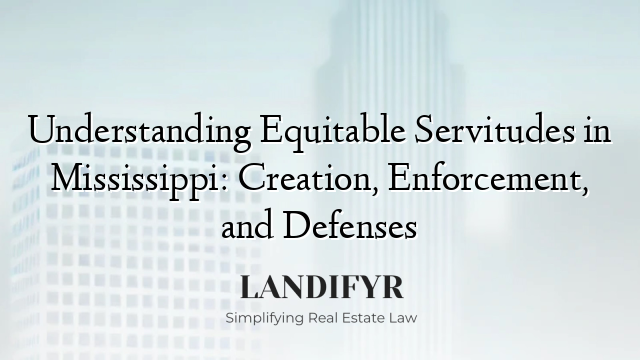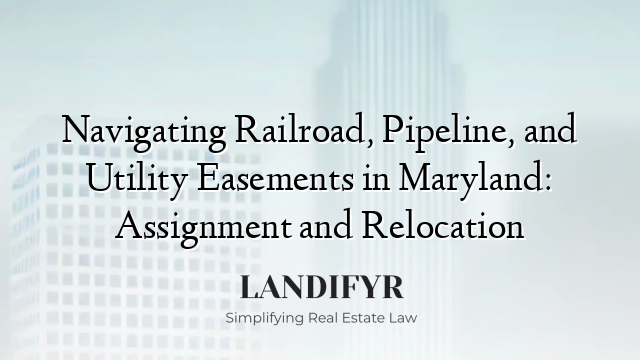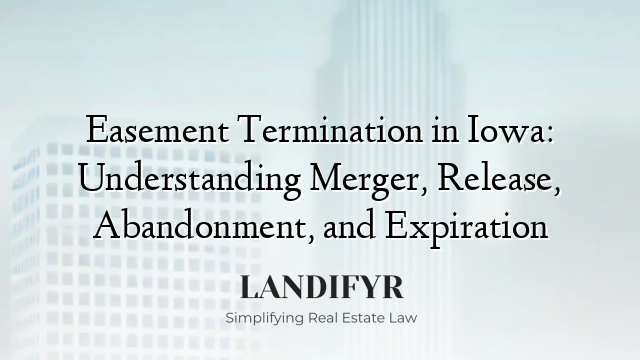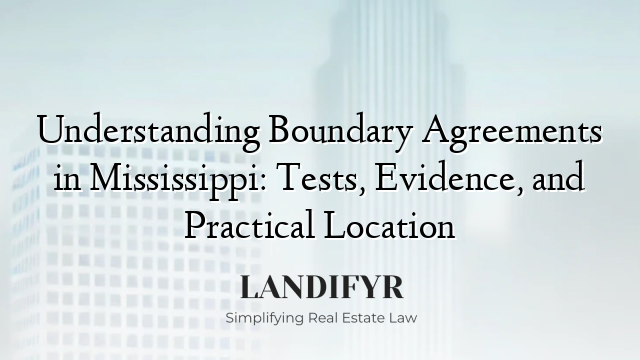Trust vs. LLC in Washington: Which is Right for You?
Introduction to Trusts and LLCs In the realm of asset management and estate planning, understanding the distinctions between trusts and Limited Liability Companies (LLCs) is essential, particularly in Washington State. Both structures serve unique purposes and offer various benefits, making them invaluable tools for individuals aiming to protect their assets and secure their estates. A … Read more









